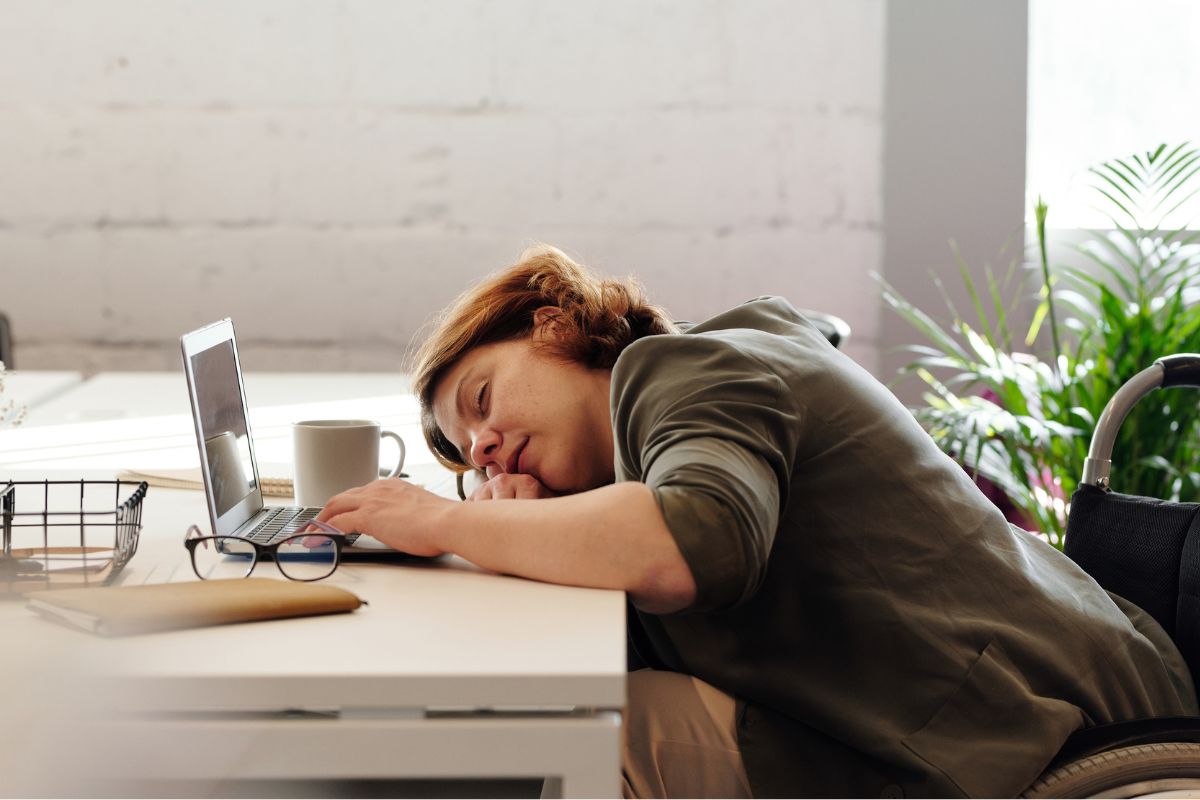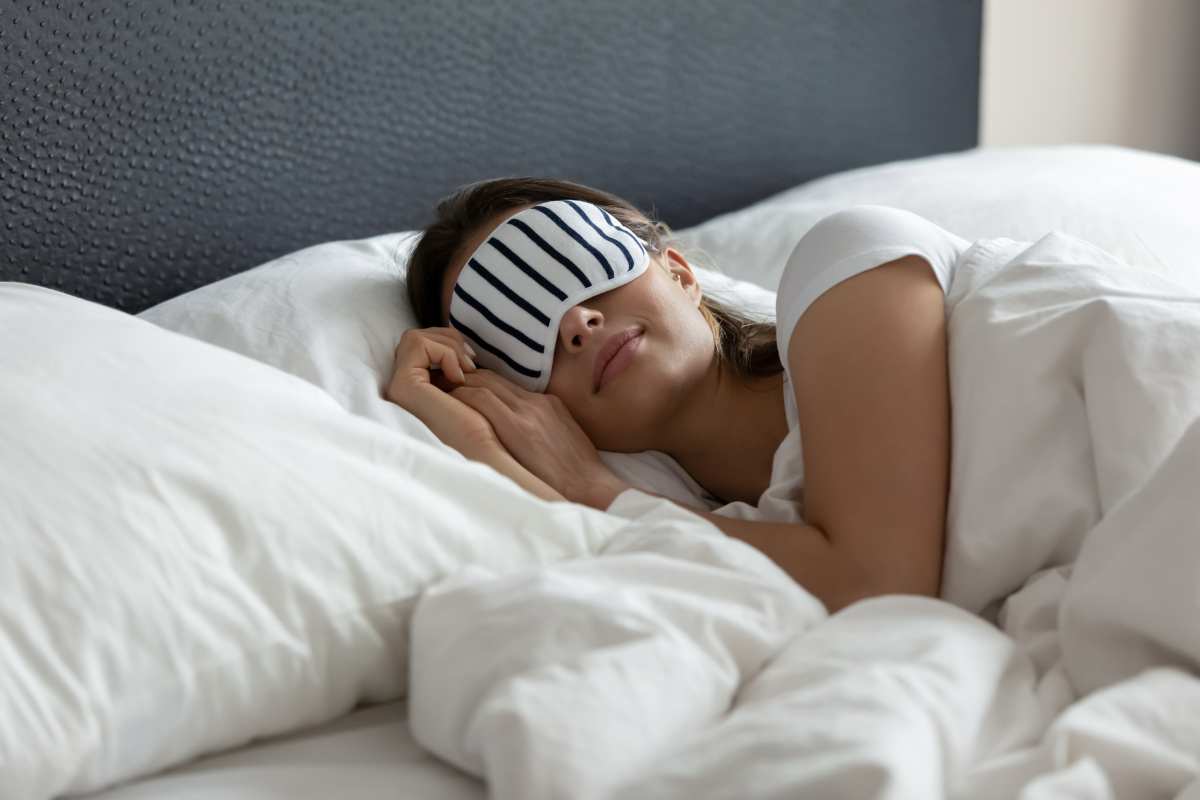Other than daytime fatigue, the effects of lack of sleep may be numerous or none. The effects of insomnia, on the other hand, depend largely on the degree of the condition.
There have been a great many studies and much scientific debate about how many hours per day a person should spend sleeping. There are different theories about what time of day is best for sleeping, as well.
According to a large sleep study conducted with the help of the American Cancer Society, the lowest incidence of mortality was found in individuals that slept between 6 ½ and 7 ½ hours per night. But, the risk of mortality in people that slept as little as 4 ½ hours per night was only slightly higher.
In other words, there should be no long-term health effects of lack of sleep as long as, on the average, you get at least 4 ½ hours per night. Researchers feel that it is important for people to know that, because they often feel that they are suffering from the ill effects of insomnia and they self-medicate with over-the-counter sleeping pills, alcohol or other drugs. The risks of those drugs are actually higher than the risks of not sleeping.
The best approach is to treat sleeping problems with natural approaches. Making sure the room is dark and quiet, spending the last hours of the day reading, having sex or doing something relaxing, reducing the temperature and adding blankets, cuddling with a pet, using a white noise or sound machine. Those are some of the techniques that could help you fall asleep faster.
 Photo: Jean-Pierre Knapen
Photo: Jean-Pierre KnapenIn addition to the things that you should be doing, there are things that you should not be doing as bedtime approaches. You should not be drinking caffeinated beverages. You should avoid sugar after dinner. You should not eat a large meal or drink a lot of water.
If you are suffering from the effects of lack of sleep, some of the things that you may experience include:
- Irritability
- Yawning
- Headaches
- Muscle aches
- Difficulty concentrating, making decisions or “thinking”
- Slower reaction time (One study showed that people who drive after being awake for 17-19 hours performed worse than those with .05 blood alcohol content, which is over the legal limit in some countries.)
These may not be the effects of insomnia that are of a chronic nature. In fact, mild to moderate insomnia, according to the Cancer Society study, may actually increase longevity. If you’re getting only 5 or 6 hours of sleep per night and you feel okay, then you probably don’t need to worry about it. But, there could be complications.
These are not actually effects of lack of sleep, but they are conditions that are sometimes associated with reported difficulty sleeping. They are:
- High blood pressure
- Increased risk of heart disease
- Increased risk of type II diabetes
- Decreased immune system function (more colds, more flu, more infections, etc.)
- Being overweight or obese
- Increased risk of depression and/or anxiety
Difficulty sleeping is often a symptom of another medical condition. Sleep apnea, for example, occurs when a person stops breathing due to a loss of muscle tone in the respiratory system. Although they may begin breathing again, without waking, the apnea interferes with deep reparative sleep-time. People with the condition often report being tired during the day.
The complications listed above may not be effects of insomnia. They may actually be causes of the problem. For example, being overweight or obese interferes with a person’s ability to sleep and increases the risk of sleep apnea.
If you feel that you are suffering from the effects of lack of sleep, try the natural techniques mentioned above or see your doctor. Taking sleeping pills is not always a good choice.









New! Comments
Share your tips and feedback. Leave me a comment in the box below.